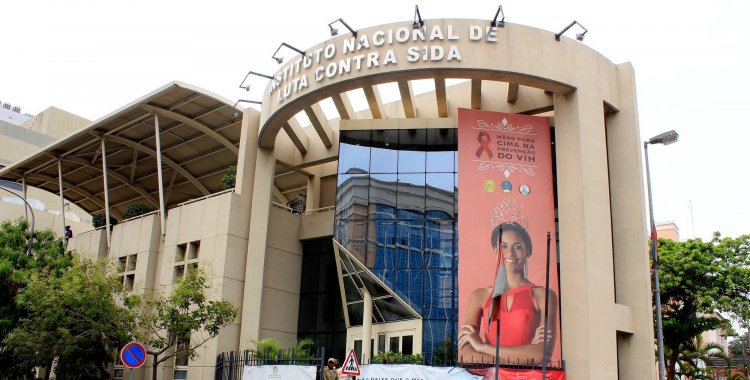The president of the Angolan Network of AIDS and Major Endemic Service Organizations (ANASO), a national non-governmental organization, in an audio shared on social media, reports on the "difficult situation" of civil society organizations in the country, which he says is forcing to its closure, due to lack of financing.
"The situation is worrying, most organizations are closing their doors due to lack of support, community health workers are tied up and have no work alternatives", said António Coelho, noting that people living with HIV/AIDS are giving up treatment "due to hunger and lack of social support".
The number of new HIV infections "is increasing and the number of AIDS-related deaths is also increasing, there continues to be a shortage of antiretrovirals, tests, reagents and condoms", he said.
According to the leader of this Angolan NGO, founded in 1994, there is no community investment in the country and no money for public campaigns to change behavior.
"There is no food support for people living with HIV, because there is no sensitivity to support those who suffer and need it. Stigma and discrimination are keeping people away from the fight and mutual aid groups have disappeared", he lamented.
Angolan society, he observed, stopped being supportive and healthcare "became just hospital care, no one talks about prevention and, when they do, it is to justify the medicalized response".
António Coelho considered that the community health policy and its strategic plan in Angola remain on "stand-by" and "no one knows whether the final version took into account the consultations and contributions of civil society".
"It's not easy, but we who have dedicated our entire lives to helping Angola and Angolans fight for their lives, making the fight against AIDS an everyday commitment, we cannot give up now, people believe and count on us, the mission it's not over yet, we're going to keep fighting", he stressed.
The activist in the fight against HIV/AIDS in the country also assured that he will continue "to make his voice heard, but in an organized way without offense and in his own forum".
Society "needs to know that we are not satisfied with the national response to the AIDS epidemic and that we understand that we are not making good use of international support nor valuing the community contribution", concluded the head of ANASO.
Around 340,000 people are infected with HIV/AIDS in the country, mainly women, and it is estimated that the treatment abandonment rate due to socioeconomic problems exceeds 52 percent, according to ANASO.







